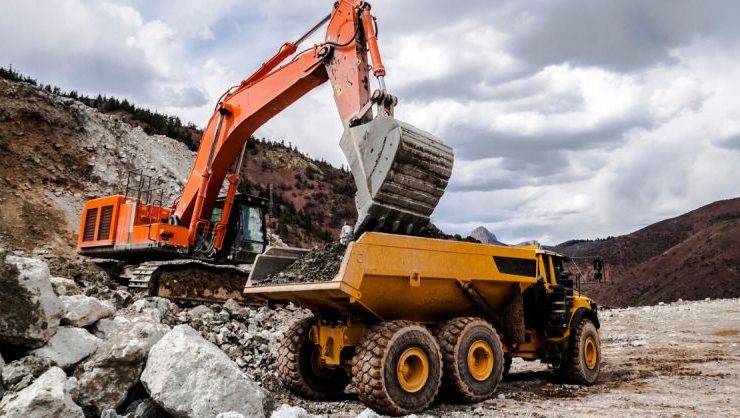Over 200 Nigerians Killed in Artisanal Mining Disasters in 10 Years


Over 200 Nigerians have died in artisanal and small-scale mining accidents across the country in the last decade, according to an analysis of newspaper and agency reports from 2015 to 2025. The fatalities, recorded in more than ten states, expose a decade-long pattern of unsafe mining practices, poor regulation, and worsening insecurity in mineral-rich communities.
Yearly Death Toll Rises as Pit Collapses Dominate
Data compiled from Premium Times, Daily Trust, Vanguard, Reuters, and The Punch by our analyst show that pit collapses account for more than 80 percent of the fatalities, while explosions and violent attacks make up the rest.
The earliest recorded incident in the dataset occurred in 2018, when six people died during a clash over gold ownership in Uke, Karu Local Government Area of Nasarawa State. The dispute, according to The Authority newspaper, erupted after the discovery of a new gold deposit that several groups tried to control.
Register for Tekedia Mini-MBA edition 18 (Sep 15 – Dec 6, 2025): registration continues.
Tekedia AI in Business Masterclass opens registrations.
Join Tekedia Capital Syndicate and co-invest in great global startups.
Register for Tekedia AI Lab: From Technical Design to Deployment.
In 2019, tragedy struck in Ebonyi State where 22 artisanal miners were buried alive in a tunnel collapse. Residents and fellow miners dug through the rubble using their hands and crude tools in an attempt to rescue victims. No rescue equipment or safety officers were deployed at the scene.
A year later, in 2020, another 18 miners died in Nasarawa State after a section of an illegal mine collapsed. Survivors told reporters that the site had shown cracks days earlier, but no one left because the miners were paid only for the amount of ore extracted.
2021 and 2022: Deadliest Years Before 2025
In 2021, a major pit collapse in Kogi State claimed 25 lives, according to Daily Trust. Heavy rainfall caused the soil to cave in, trapping miners underground. Despite rescue efforts, most victims suffocated before help arrived.

The following year brought twin tragedies. In Ogun State, 20 miners were killed, and later in Benue, 28 others died in separate collapses. The 2022 total reached nearly 50 deaths, the highest annual figure up to that point. Experts blamed the disasters on unstable soil and the absence of geological assessments before excavation.
2023–2024: Explosives, Rainfall, and Renewed Danger
In 2023, reports from Premium Times confirmed three deaths and 11 injuries in a Zamfara mining pit collapse. The state has become a flashpoint for illegal gold mining and bandit activity.
A year later, Oyo and Niger States recorded two different forms of tragedy. In January 2024, three people were killed and over seventy injured when stored explosives linked to illegal mining detonated in Ibadan’s Bodija area. In June, heavy rains caused another pit collapse in Shiroro, Niger State, killing one person and trapping dozens.

2025: Bloodiest Year for Artisanal Mining
The year 2025 stands out as the bloodiest in the decade-long record. In March, eleven miners were killed in a Boko Haram attack on a gold site in Karaga. Six months later, in September, a massive pit collapse in Kadauri, Zamfara State, left about 100 miners feared dead. Witnesses described the collapse as the worst mining disaster in Nigeria’s history. Although official figures were later revised downward, dozens of families never recovered the remains of their relatives.
Collapse Sites Turn to Graves
From Nasarawa to Zamfara, collapsed mines have become unmarked graves. In communities where mining provides the only source of livelihood, safety precautions are often ignored. Miners, mostly young men and women, dig without helmets, protective clothing, or ventilation. When pits cave in, local volunteers lead rescue operations with shovels and ropes.
Calls for Regulation and Safety Oversight
Analysts and community leaders argue that Nigeria’s mining regulations remain too weak to protect small-scale miners. Experts have also urged the Ministry of Solid Minerals Development to enforce licensing, monitor mining pits, and introduce safety training for artisanal workers. Without such action, they warn, the number of casualties could keep rising as more Nigerians turn to mining amid widespread unemployment.





